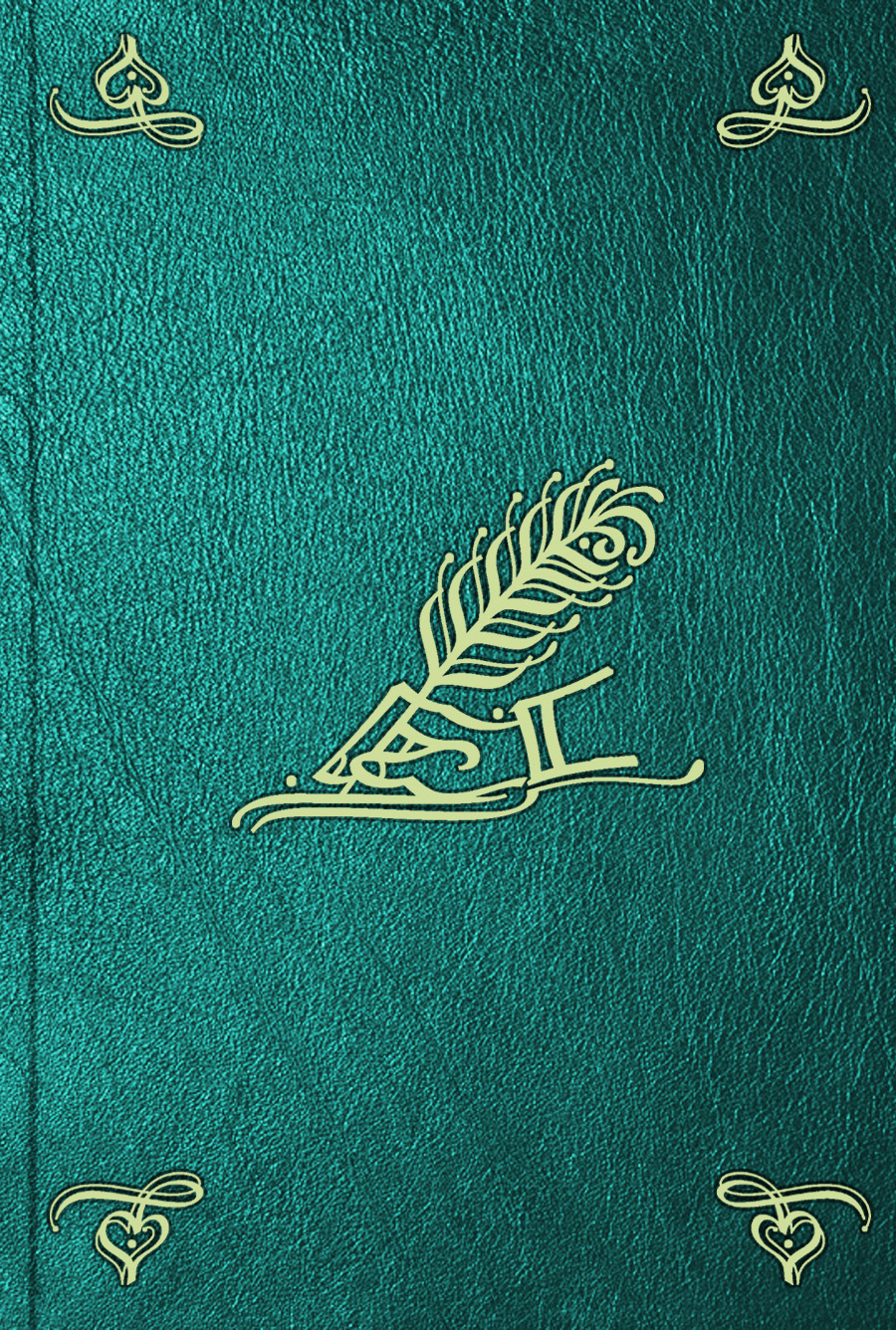Электронная книга: John Stoddart «Remarks on local scenery and manners in Scotland. Vol. 1»

|
Полный вариант заголовка: «Remarks on local scenery and manners in Scotland : Vol. 1 : during the years 1799 and 1800 / by John Stoddart». Издательство: "Библиотечный фонд" (1801)
электронная книга Скачать бесплатно на Litres |
John Stoddart
Sir John Stoddart (1773–1856), writer and lawyer, editor of "
Stoddart, eldest son of John Stoddart, lieutenant in the
In February 1817 he had a difference with the ‘Times,’ and started a rival daily, entitled ‘The New Times,’ which was soon amalgamated with the ‘Day.’ For a short time it appeared as the ‘Day and New Times,’ but dropped the first half of the title in 1818, and survived as the ‘New Times’ until about 1828. During the period of his editorship he was scurrilously known as ‘Dr. Slop,’ and was the subject of several satires, of which ‘A Slap at Slop’ (1820) ran through four editions.
His connection with the ‘New Times’ probably ceased in 1826, when he was appointed chief justice and justice of the vice-admiralty court in Malta, and on 27 July was knighted by George IV at St. James's Palace. Finding that the Maltese complained that former judges were imperfectly acquainted with their language, he made himself master of Italian. He gave entire satisfaction in his office, and the islanders had perfect confidence in his decisions. He published in 1830–2 (3 parts) ‘Trial by Jury: a Speech on the opening of a Commission in Malta for establishing a modified Trial by Jury, translated from the Italian.’ During an outbreak of
Returning to England in 1840, he made progress in an etymological theory, which he believed would supplant that of
He died at 13 Brompton Square, London, on 16 Feb. 1856.
In 1803 he married Isabella, eldest daughter of the Rev. Sir Henry Moncrieff Wellwood, bart. She died on 2 Feb. 1846, having had, among other children, three sons: Henry Moncrieff, who died while a pupil at the
Publications
Stoddart published in 1801 ‘Remarks on the Local Scenery and Manners of Scotland,’ London, 2 vols. 8vo. Of his writings on legal subjects, the most important was ‘A Letter to Lord Brougham,’ one in the minority of the law lords by whom the great Irish marriage case, Queen v. Millis, was decided in 1844, and, as Stoddart endeavoured to show, erroneously decided. On this case he also published in 1844 a pamphlet entitled ‘Irish Marriage Question: Observations on the Opinions delivered by Lord Cottenham in the Irish Marriage Case,’ 1844. His legal acumen was also shown in his article ‘The Head of the Church’ in the ‘Law Review,’ February 1851, pp. 418–36. He translated from the French of Joseph Despaze ‘The Five Men, or a review of the Proceedings and Principles of the Executive Directory of France, with the lives of the present Members,’ 1797; and, with Georg Heinrich Noehden, Schiller's ‘Fiesco,’ 1796, and ‘Don Carlos,’ 1798. To the quarto edition of the ‘Encyclopædia Metropolitana’ he contributed ‘Grammar’ (i. 1–193), and the introductory chapter on ‘The Uses of History as a Study’ (ix. 1–80); and to the octavo edition, 1850, an introduction to the ‘Study of Universal History,’ besides ‘Glossology’ in 1858.
References
*
Источник: John Stoddart
Другие книги схожей тематики:
| Автор | Книга | Описание | Год | Цена | Тип книги |
|---|---|---|---|---|---|
| John Stoddart | Remarks on local scenery and manners in Scotland. Vol. 1 | Полный вариант заголовка: «Remarks on local scenery and manners in Scotland : Vol. 1 : during the years 1799 and 1800 / by John Stoddart» — Библиотечный фонд, электронная книга Подробнее... | 1801 | электронная книга |
См. также в других словарях:
Eglinton Country Park — is a park located in the grounds of the old Eglinton Castle estate, Irvine, on the outskirts of Kilwinning, North Ayrshire, Scotland (map reference NS 3227 4220). Eglinton Park is situated in the parish of Kilwinning, part of the former district… … Wikipedia
Dumbarton Castle — For warships of this name, see HMS Dumbarton Castle. Dumbarton Castle Dumbarton, Scotland GB grid reference NS399744 … Wikipedia
Eglinton Tournament of 1839 — The Eglinton Tournament of 1839 was a re enactment of a medieval joust and revel held in Scotland on Friday 30 August.Corbould. p 5.] It was funded and organized by Archibald Montgomerie, 13th Earl of Eglinton, and took place at Eglinton Castle,… … Wikipedia
Europe, history of — Introduction history of European peoples and cultures from prehistoric times to the present. Europe is a more ambiguous term than most geographic expressions. Its etymology is doubtful, as is the physical extent of the area it designates.… … Universalium
performing arts — arts or skills that require public performance, as acting, singing, or dancing. [1945 50] * * * ▪ 2009 Introduction Music Classical. The last vestiges of the Cold War seemed to thaw for a moment on Feb. 26, 2008, when the unfamiliar strains … Universalium
literature — /lit euhr euh cheuhr, choor , li treuh /, n. 1. writings in which expression and form, in connection with ideas of permanent and universal interest, are characteristic or essential features, as poetry, novels, history, biography, and essays. 2.… … Universalium
